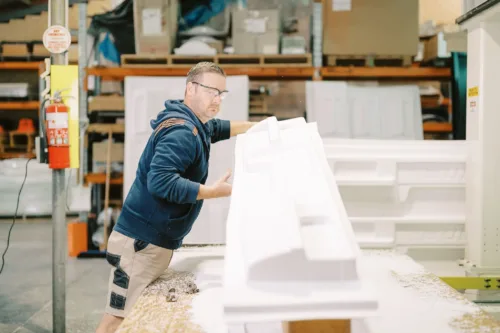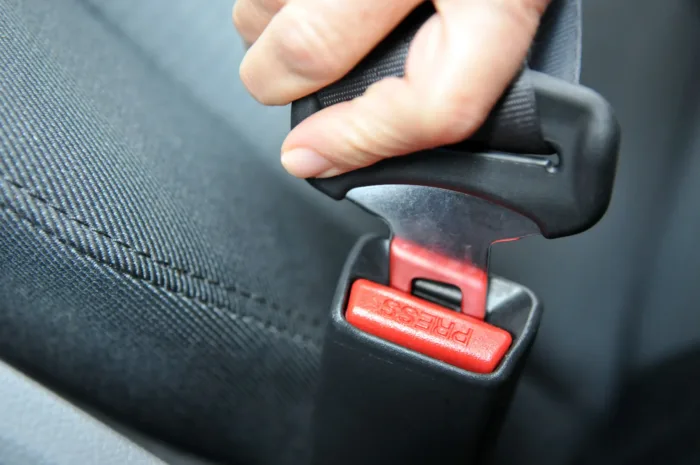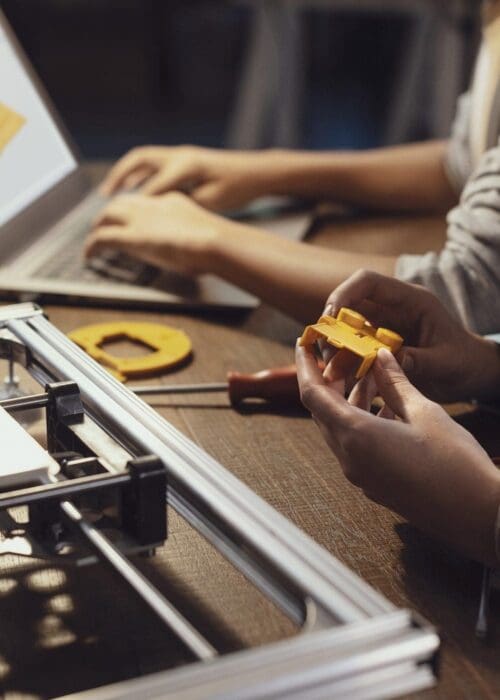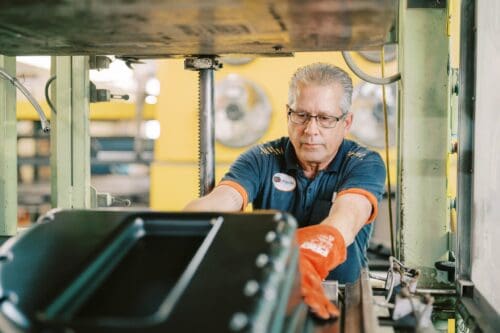

While plastics can sometimes get a bad reputation, they also play an integral part in our everyday lives. Of course, products like plastic bags, takeaway containers and straws make us wonder, why is plastic useful? These products need to be eradicated. However, in many cases, high-quality and durable plastics are very important for our comfort and convenience. They can also often save lives.
So how has plastic improved our lives? Not only does it protect us in our homes, cars and at our jobs, but it also enables us to enjoy sports, create bespoke home décor and have better medical care. Read on to find out more about some of the everyday uses of plastics.
On The Road
The average car is at least 50% plastic. Manufacturers use materials like polypropylene, polyurethane, polyamides and PVC for their capacity to absorb crash energy and protect drivers and passengers from impact.
As well as the auto body, materials like industrial-strength polyethylene are used to manufacture seatbelts, while nylon/polyester is used in airbags. Plastics are also commonplace on mining and industrial sites, with custom-made covers, guards, chemical troughs and wash basins just some of the many products available.
In The Home
While materials such as EPS polystyrene insulation help to keep the house cool in summer and trap heat in the winter, plastics can also save lives in a domestic context. Most smoke alarms and carbon monoxide detectors are made from plastic, as are ground fault circuit interrupters (GFCI) and electrical cord sheathing designed to protect against electric shocks.
Gates and fences used to section off pools and prevent accidental drownings are often made from transparent plastics that are tougher and safer than glass. As well as enhancing safety in the home, plastics are used to create household items and décor, ranging from poolside loungers to plastic plant pots.
Personal Protective Equipment (PPE)
From gloves and gowns to N95 masks, PPE is playing a critical role in the fight against COVID-19. As the pandemic continues to spread, manufacturers around the world have leveraged their infrastructure to produce PPE.
Face shields are one of the most in-demand products, used to protect against person-to-person transmission via microdroplets. Isolation screens and plastic barriers are also being installed in hospital receptions, supermarket checkouts and other high-contact areas around the world.
Want to know how BCJ Plastic Products is helping businesses better protect their staff and customers from COVID-19? Read more about our face shields and plastic sneeze guards.
Working Up A Sweat
When it comes to sports, plastics have a major role to play. Not only are plastic materials used to produce equipment, such as balls, bats, racquets and goal nets, but they’re also used to manufacture essential safety gear.
Some of the most common uses of plastic in sports include cycling helmets, skiing goggles, hockey pads and mouth guards. Safety equipment usually features an ultra-tough outer shell over a soft cushioned layer, often made from polypropylene foam.
The transparent material used in goggles, masks and helmet shields is not actually glass but shatter-resistant polycarbonate designed to resist cracks and protect the eyes even if it’s broken. In the water, lifejackets and personal flotation devices also rely on plastics.
Public Services
Why is plastic important to us as a community? From high-tech firefighting gear made from flame-resistant fibres to bulletproof vests worn by police officers, plastics play an important role in manufacturing equipment used by public servants.
Plastics are used to protect their lives and in turn, they can protect ours. In hospitals, plastics are used to manufacture sterile single-use surgery equipment, x-ray machines, patient beds and a host of other essential items.
Are you looking for expert plastic fabrication in Perth? Whatever your needs, BCJ has the experience and infrastructure to create custom plastic products for a huge rage of sectors. Get a quote online or call us on (08) 9353 3477 to chat more about the everyday use of plastic and how the team can meet your needs.


Innovative Plastic Manufacturing: Vacuum Forming and Prototyping for Unique Projects
Read article

